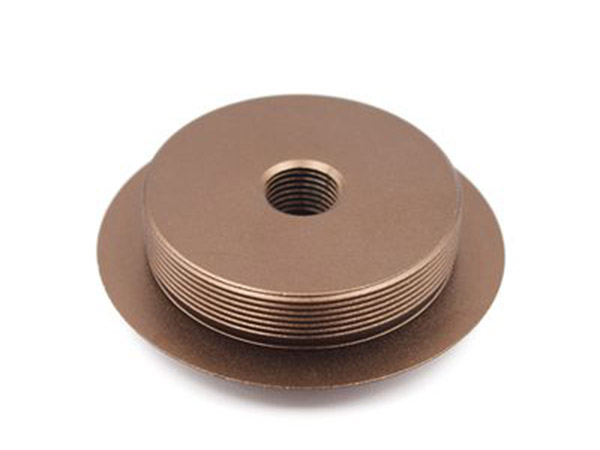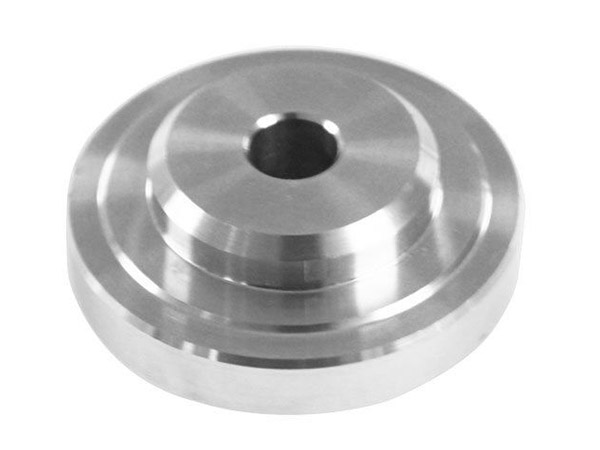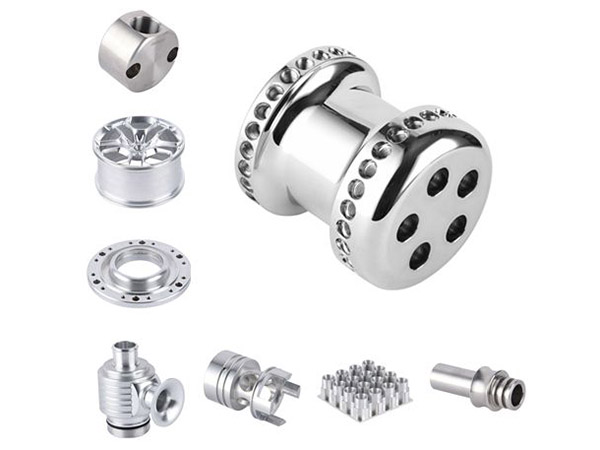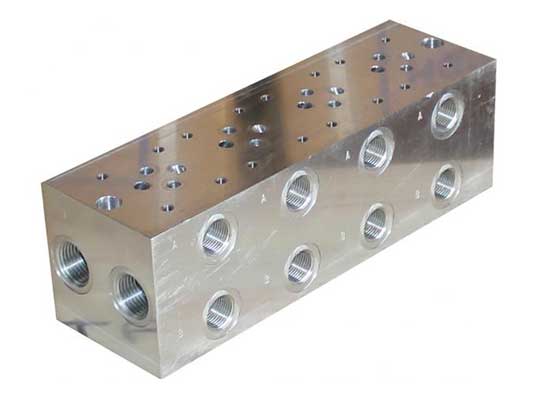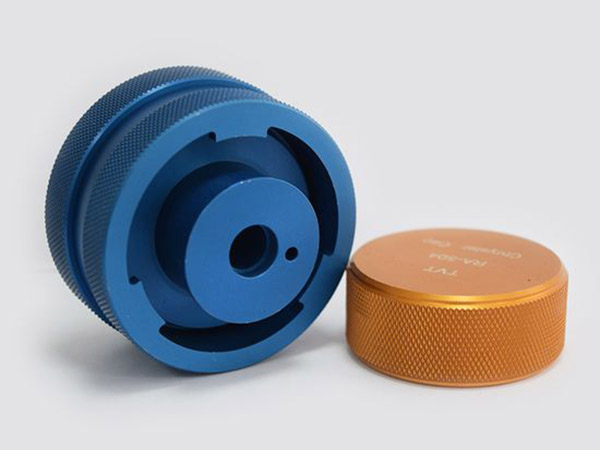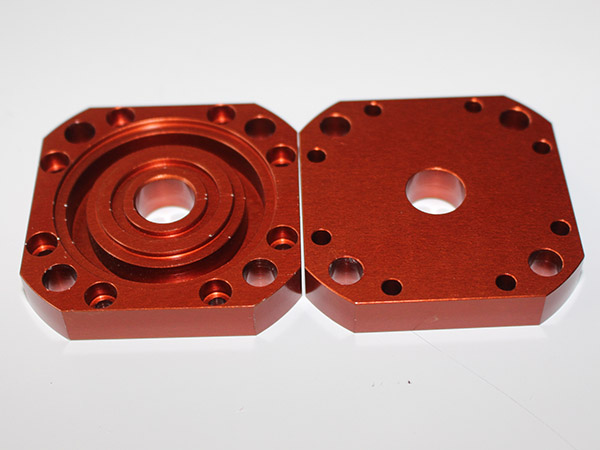Sekiranya anda bekerja dalam minyak dan gas, pembinaan, atau kejuruteraan mekanikal, you’ve probably heard of X52 pipeline structural steel. It’s a go-to material for projects that need strength, ketahanan, and reliability—but what exactly makes it stand out? Panduan ini memecah semua yang anda perlu tahu, dari sifat terasnya ke penggunaan dunia nyata, so you can make informed decisions for your next project.
1. Material Properties of X52 Pipeline Structural Steel
X52’s popularity starts with its well-balanced properties. Let’s break them down into chemical, fizikal, mekanikal, dan ciri -ciri utama lain.
Komposisi kimia
TheKomposisi kimia of X52 steel is carefully formulated to boost strength and resistance. Berikut adalah kerosakan biasa (per industry standards like API 5L):
| Elemen | Julat Kandungan (wt%) | Peranan |
|---|---|---|
| Karbon (C) | 0.26 maks | Meningkatkan kekuatan tanpa mengorbankan kemuluran |
| Mangan (Mn) | 1.40 maks | Improves toughness and weldability |
| Silikon (Dan) | 0.40 maks | AIDS dalam deoksidasi semasa pembuatan keluli |
| Fosforus (P) | 0.030 maks | Dikawal untuk mengelakkan keburukan (kept low for harsh environments) |
| Sulfur (S) | 0.030 maks | Minimized to prevent cracking during forming and welding |
| Chromium (Cr) | 0.50 maks | Meningkatkan rintangan kakisan (critical for pipelines) |
| Molybdenum (Mo) | 0.15 maks | Meningkatkan kekuatan suhu tinggi |
| Nikel (Dalam) | 0.30 maks | Meningkatkan ketangguhan suhu rendah |
| Vanadium (V) | 0.08 maks | Menapis struktur bijirin untuk prestasi mekanikal yang lebih baik |
Sifat fizikal
These traits affect how X52 behaves in different environments:
- Ketumpatan: 7.85 g/cm³ (Sama seperti kebanyakan keluli karbon, menjadikannya mudah untuk mengira berat badan untuk reka bentuk)
- Titik lebur: ~1450–1500°C (suitable for high-heat manufacturing processes)
- Kekonduksian terma: 45 W/(m · k) (helps with heat distribution in welding and outdoor use)
- Pekali pengembangan haba: 13.5 × 10⁻⁶/° C. (low enough to reduce stress from temperature changes in pipelines)
- Resistiviti elektrik: 0.17 × 10⁻⁶ Ω · m (not used for electrical parts, but good to note for safety)
Sifat mekanikal
This is where X52 really shines—its mechanical strength meets the demands of tough industries:
- Kekuatan tegangan: 450-600 MPa (can handle heavy loads without breaking)
- Kekuatan hasil: Minimum 355 MPA (stays strong even when stretched)
- Kekerasan: 150-180 HB (resists wear without being too brittle)
- Kesan ketangguhan: ≥ 27 J pada -40 ° C. (performs well in cold climates, like northern oil pipelines)
- Kemuluran: ≥ 22% pemanjangan (can bend or form without cracking)
- Rintangan Keletihan: Excellent for cyclic loads (ideal for machine parts that move repeatedly)
- Kekuatan patah: Tinggi (prevents sudden failure in high-pressure pipelines)
Sifat utama lain
- Kebolehkalasan yang baik: Joins easily with common welding methods (Saya, TIG, tongkat), saving time on projects.
- Kebolehbaburan yang baik: Boleh digulung, bengkok, or forged into shapes like pipes or beams.
- Rintangan kakisan: Performs well in soil, air, and mild chemical environments (though extra coating helps for harsh conditions).
- Ketangguhan: Mengekalkan kekuatan dalam suhu yang melampau, from freezing winters to hot deserts.
2. Applications of X52 Pipeline Structural Steel
X52 isn’t just for pipelines—it’s versatile enough for multiple industries. Here’s how it’s used:
Industri Pipeline
The #1 use for X52 isoil and gas pipelines. Its strength and corrosion resistance make it perfect for transporting crude oil, gas asli, and refined products over long distances.
Kajian kes: A major pipeline project in Canada used X52 steel for a 1,200 km natural gas line. Kelulikekuatan tegangan dankesan ketangguhan helped it withstand freezing temperatures (-30° C.) and soil pressure. Selepas 10 tahun, inspections showed no signs of corrosion or cracking—saving the company millions in maintenance.
Industri pembinaan
Dalam pembinaan, X52 is used for:
- Komponen keluli struktur (supports for large buildings)
- Rasuk dan lajur (for bridges and skyscrapers)
- Bingkai bangunan (residential and commercial projects)
Kenapa? It’s cost-effective compared to higher-grade steels, yet still strong enough for most structural needs. Contohnya, a highway bridge in Texas used X52 beams—they handled heavy truck traffic and extreme heat (sehingga 45 ° C.) without deforming.
Kejuruteraan Mekanikal
Mechanical engineers rely on X52 for:
- Gear (itu kekerasan dan Rintangan Keletihan prevent wear)
- Aci (handles rotational loads in motors and pumps)
- Bahagian mesin (durable for factory equipment)
A farm equipment manufacturer used X52 for tractor shafts. Keluli Kemuluran let them shape the shafts precisely, dan itu ketangguhan meant the parts lasted 3x longer than cheaper carbon steel alternatives.
Industri Marin
X52 works well in marine environments for:
- Struktur kapal (hulls and frames)
- Platform luar pesisir (supports for oil rigs)
Kajian kes: An offshore platform in the Gulf of Mexico used X52 steel for its support legs. Keluli Rintangan kakisan (paired with a galvanized coating) protected it from saltwater, dan itu kekuatan handled strong waves and wind. Selepas 15 tahun, the legs showed minimal rust.
Jentera pertanian
Farmers trust X52 for:
- Tractor parts (engines and frames)
- Bajak dan Harrows (resist wear from soil and rocks)
A plow manufacturer switched to X52 from mild steel. The X52 plows lasted 2 seasons longer, and farmers reported less downtime—saving them money on replacements.
3. Manufacturing Techniques for X52 Pipeline Structural Steel
Making X52 steel requires precise processes to ensure its properties are consistent. Berikut adalah kerosakan langkah demi langkah:
Proses pembuatan keluli
Two main methods are used to produce X52:
- Relau arka elektrik (EAF): Menggunakan elektrik untuk mencairkan keluli sekerap dan elemen aloi. Great for recycling and small-batch production.
- Relau oksigen asas (Bof): Meniup oksigen ke dalam besi cair untuk menghilangkan kekotoran. Faster and more cost-effective for large volumes (most X52 is made this way).
Rawatan haba
Heat treatment fine-tunes X52’s mechanical properties:
- Menormalkan: Memanaskan keluli hingga 850-950 ° C, then cools it in air. Improves ductility and uniformity.
- Pelindapkejutan dan pembajaan: Heats to 900°C, Quenches di dalam air (hardens quickly), then tempers at 500–600°C. Boosts strength and toughness.
- Penyepuhlindapan: Memanaskan hingga 800-850 ° C., menyejukkan perlahan. Reduces stress (good for parts that need bending).
Proses membentuk
X52 is shaped into final products using:
- Rolling panas: Heats steel to 1100°C, rolls it into pipes, rasuk, atau lembaran. Fast and cost-effective.
- Rolling sejuk: Rolls steel at room temperature. Creates smoother surfaces (used for precision parts).
- Menunaikan: Hammers or presses hot steel into shapes (for gears or shafts). Improves strength.
- Penyemperitan: Pushes steel through a die to make complex shapes (used for custom parts).
- Setem: Uses presses to cut or bend steel into flat parts (for machine components).
Rawatan permukaan
Untuk meningkatkan rintangan kakisan, X52 gets surface treatments:
- Galvanizing: Dips Steel dalam zink cair. Creates a protective layer (bertahan 20+ tahun di luar rumah).
- Lukisan: Applies epoxy or polyurethane paint. Ideal for pipelines in wet soil.
- Tembakan letupan: Blasts steel with tiny metal balls. Removes rust and cleans the surface before coating.
- Salutan: Uses specialized coatings (like fusion-bonded epoxy) for oil pipelines—resists chemicals and soil corrosion.
4. X52 vs. Bahan lain: Analisis perbandingan
How does X52 stack up against other common materials? Mari kita bandingkan:
X52 vs. Keluli karbon
| Faktor | X52 Pipeline Steel | Keluli karbon ringan (A36) |
|---|---|---|
| Kekuatan (Hasil) | 355 MPa min | 250 MPa min |
| Ketangguhan | Cemerlang (-40° C.) | Baik (0°C only) |
| Kebolehkalasan | Baik | Sangat bagus |
| Prestasi kos | Better for heavy loads | Cheaper for light use |
| Terbaik untuk | Saluran paip, Jambatan | Pagar, small structures |
X52 vs. Kekuatan tinggi rendah aloi (HSLA) Keluli
- Komposisi kimia: HSLA steels have more alloying elements (like niobium or titanium) than X52.
- Sifat: HSLA has higher strength (yield 400+ MPA) but is less ductile than X52.
- Aplikasi: HSLA is for skyscrapers or heavy machinery; X52 is better for pipelines (needs ductility for bending).
X52 vs. Keluli tahan karat
| Faktor | X52 Pipeline Steel | Keluli tahan karat (304) |
|---|---|---|
| Rintangan kakisan | Baik (dengan salutan) | Cemerlang (Tiada salutan) |
| Kekuatan | 355-600 MPa | 205–515 MPa |
| Kos | Lebih rendah ($0.80–$1.20/lb) | Lebih tinggi ($2.50–$3.50/lb) |
| Terbaik untuk | Oil pipelines | Pemprosesan makanan, peralatan perubatan |
X52 vs. Aloi aluminium
- Berat: Aluminium adalah 1/3 the weight of X52 (good for aircraft), but X52 is stronger.
- Rintangan kakisan: Aluminum resists rust better, but X52 (dengan salutan) is more durable in soil.
- Kos: X52 is cheaper than high-grade aluminum alloys.
- Pembuatan: Aluminum is easier to form, but X52 handles high temperatures better.
5. Yigu Technology’s Perspective on X52 Pipeline Structural Steel
Di Yigu Technology, we’ve worked with X52 pipeline structural steel for over a decade, supporting clients in oil and gas, pembinaan, dan jentera. We believe X52’s biggest advantage is its balance—It offers the strength needed for critical projects without the high cost of premium steels. We often recommend X52 for long-distance pipelines and mid-rise building frames, as itskebolehkalasan danRintangan kakisan (dengan salutan yang betul) cut maintenance costs. For clients in cold climates, X52’skesan ketangguhan at -40°C is a game-changer. We also help optimize manufacturing—using BOF for large orders and EAF for custom parts—to keep lead times short.
FAQ About X52 Pipeline Structural Steel
1. Can X52 steel be used for offshore pipelines?
Ya! X52 is ideal for offshore pipelines when paired with a corrosion-resistant coating (like fusion-bonded epoxy). Itukekuatan handles wave loads, dan ituketangguhan resists cold ocean temperatures. Many offshore projects (like those in the North Sea) use X52.
2. What’s the difference between X52 and X60 pipeline steel?
X60 has a higher yield strength (414 MPa min vs. X52’s 355 MPA) and is used for high-pressure pipelines. X52 is more cost-effective for medium-pressure applications (like natural gas lines) and projects that need more ductility (Mis., bending around terrain).
3. How long does X52 steel last in outdoor environments?
Dengan rawatan permukaan yang betul (like galvanizing or painting), X52 can last 20–30 years outdoors. For pipelines buried in soil, a fusion-bonded epoxy coating can extend its life to 50+ tahun. Pemeriksaan tetap (seperti ujian ultrasonik) also help maintain its performance.
